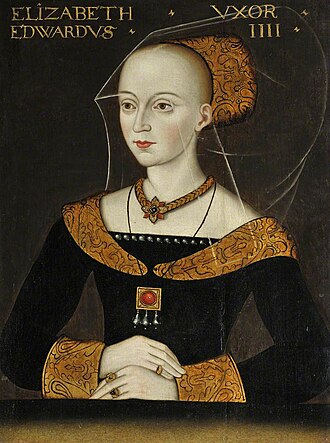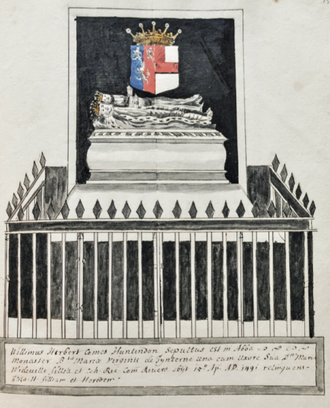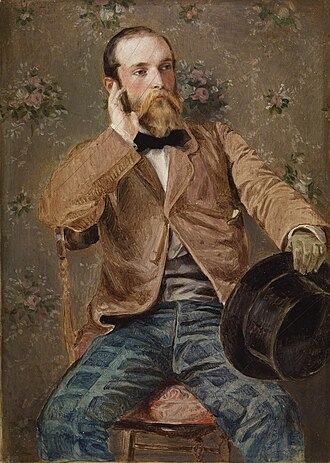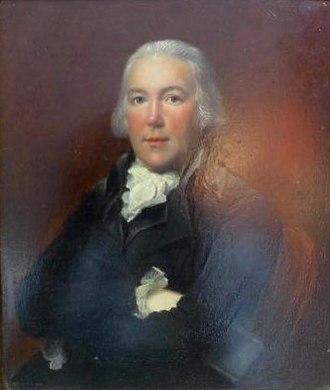Woodville Last Name Origin, History, and Meaning
Where did the surname Woodville come from? What does the surname Woodville mean? Discover the history and meaning of the last name Woodville and family migration on YourRoots Map.
Surname Woodville Origin: What does the last name Woodville mean?
The surname Woodville is of English origin, first appearing in records from England around the early 13th century. The name is closely associated with England from the 13th to the 15th centuries, with notable figures such as Elizabeth Woodville, queen-consort of King Edward IV of England, belonging to the Woodville family.
According to YourRoots data, the Woodville surname has remained prominent in England, with a significant volume of records bearing this name by the 20th century. The surname's history reflects a strong connection to England and its noble lineage, making it a recognizable and enduring name in English heritage.
Woodville Last Name History: Where did the last name Woodville come from?
Origin of Woodville Surname: Where does the last name Woodville originate from?
According to YourRoots data, the surname Woodville first appeared in records from England around the early 13th century. Please note that this reflects only YourRoots data for the exact Woodville spelling and does not include other record sources or surname variations.
History of the Last Name Woodville: What does the Woodville surname history look like in the early days?
The Woodville surname remained closely associated with England from the 13th to the 15th centuries.
Global Spread: Where can we find the Woodville surname today?
By the 20th century, the volume of records with the Woodville surname grew significantly in England. The Woodville surname remains prominent in England.
Explore Woodville last name heritage and Woodville surname origin based on YourRoots Map data
 VIEW THE ORIGIN OF SURNAME WOODVILLE
VIEW THE ORIGIN OF SURNAME WOODVILLEFamous People With Woodville Surame?

Elizabeth Woodville
Elizabeth Wydville (c. 1437 – June 8, 1492) was Queen of England as the wife of King Edward IV during the Wars of the Roses. Coming from a middle-ranking family, her beauty and secret marriage to Edward IV made her a notable figure. They had ten children, including Elizabeth of York, who married Henry VII and ended the Wars of the Roses. Elizabeth remained politically influential even after Edward IV's death, playing a key role in securing the Tudor dynasty's accession. Her life was filled with intrigue, power struggles, and ultimately, a lasting impact on English history.

Mary Woodville
Mary Woodville, Countess of Pembroke (c. 1456–1481) was a prominent figure in the English nobility during the 15th century. She was the sister of Queen consort Elizabeth Woodville and played a significant role in her family's alliances through advantageous marriages. Mary married William Herbert, 2nd Earl of Pembroke, at a young age and became the Countess of Pembroke. Despite facing challenges and political turmoil, Mary's legacy lived on through her daughter, Elizabeth Herbert, who later married into the influential Somerset family. Mary's life was filled with royal connections, power struggles, and the complexities of medieval English society.

Richard Caton Woodville
Richard Caton Woodville (30 Apr 1825 – 13 Aug 1855) was an American artist known for his detailed interior scenes. He studied in Düsseldorf under Karl Ferdinand Sohn, producing fewer than 20 paintings in his short career. His works, like "The Card Players" and "Old ’76 and Young ’48," were popular for their attention to detail and portrayal of everyday life. Woodville's success was tied to the American Art-Union, but he tragically died of a morphine overdose at 30. His legacy lives on through his son, Richard Caton Woodville Jr., a renowned British battle scene painter.

William Woodville
William Woodville (1752 – 26 Mar 1805) was a notable English physician and botanist known for his pioneering work in promoting vaccination. He authored a comprehensive four-volume book on medical botany with 300 illustrations of medicinal plants, which became a crucial reference for physicians in the nineteenth century. Woodville's interest in botany led to the establishment of a botanical garden at King's Cross. Despite his contributions to the field, he faced controversy surrounding his results in experimenting with smallpox vaccine. Woodville's legacy lives on through his significant impact on the medical and botanical communities during his lifetime.
All images displayed on this page are sourced from Wikipedia or Wikimedia Commons.We use these images under their respective Creative Commons or public domain licenses. Wherever applicable, author attributions and license information are provided. If you believe an image is used incorrectly or outside its license terms, please contact us so that we can review and correct the issue.





.png)